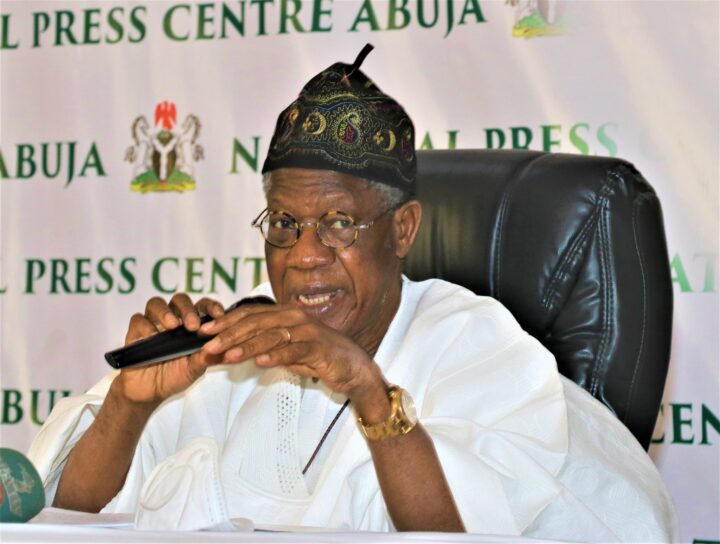Photo: UNICEF
The United Nations Children’s Fund (UNICEF) says only one in three children are enrolled for early childhood education in Nigeria.
According to NAN, Yetunde Oluwatosin, UNICEF education specialist, said this on Wednesday at a two-day media dialogue on early child education (ECE), organised in partnership with child rights information bureau (CRIB) of the federal ministry of education.
Oluwatosin expressed concern over the low number of early childhood school (nursery school) attendance, adding that only 36 percent of children in Nigeria are enrolled.
“It has been observed that large inequalities persist between the poorest children and the richest children’s ECE attendance rate, translating to 8 percent and 87 percent, respectively,” NAN quoted Oluwatosin as saying.
Advertisement
“Globally, fewer than one in three children aged three to four attend ECE.
“In West and Central Africa, only one in four (24 percent) attend ECE. In Nigeria, only one in three children (36 percent) attend, but at least 10 million children are not enrolled.
“Research has shown that children who attend ECE perform better in academics and have greater earning potential as they grow over the years.”
Advertisement
The UNICEF education specialist said early childhood education is crucial to ensuring proper development, adding that child-centered spaces and trained teachers are needed to improve the situation in the country.
“We also need to strengthen the roles of parents as the first educator of the child, provide adequate funding for pre-primary education, build the capacity of teachers, and provide adequate curriculum for ECE,” she added.
“If you look at it, from the 2018 national personnel audit (NPA) of the Universal Basic Education Commission (UBEC), we have over seven million learners but 154,000 teachers.
“This pupils/teachers ratio is low and we must do something to improve this. This disparity is there and we are still far behind in achieving the SDG goals.”
Advertisement
Also speaking, Geoffrey Njoku, UNICEF communications specialist, said stakeholders must focus more on childhood education, adding that adequate use of resources will improve learning.
“If we don’t do it, we are going to have children who cannot write, quote, and develop software for our society,” she said.
“The future we want is to ensure that Nigerian children have quality education. ECE is the stimulation for later development.
“We need to continue to advocate for stakeholders’ attention on ECE because science has shown that if we start with ECE, a lot of development will happen in the country.”
Advertisement
Add a comment






